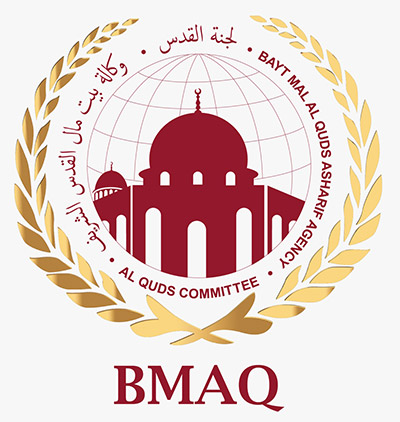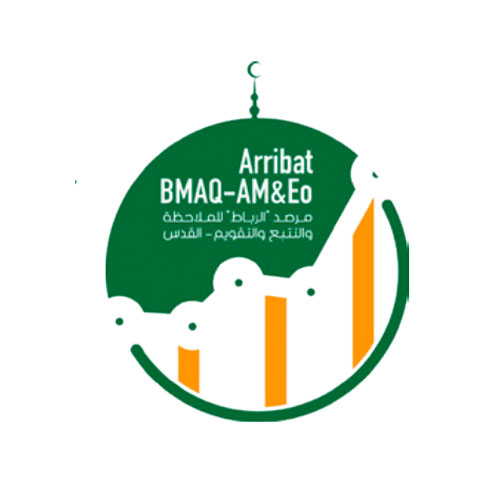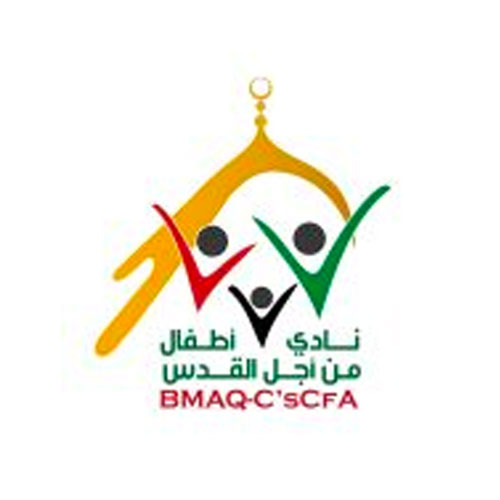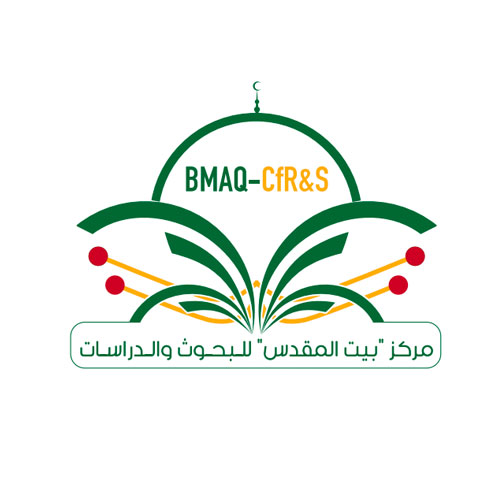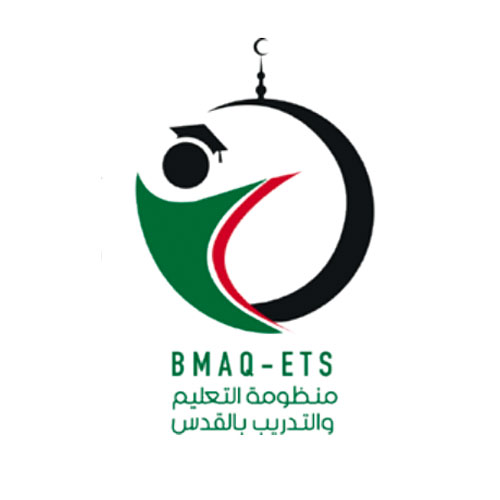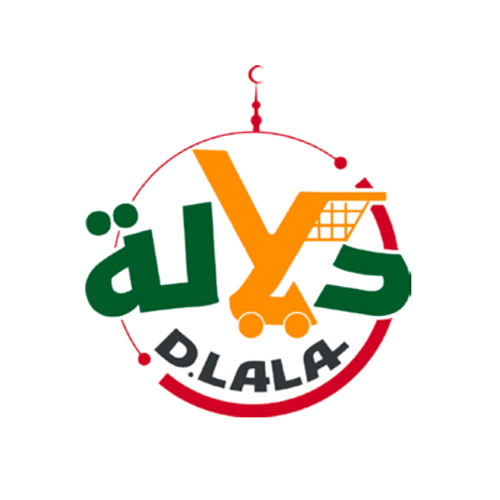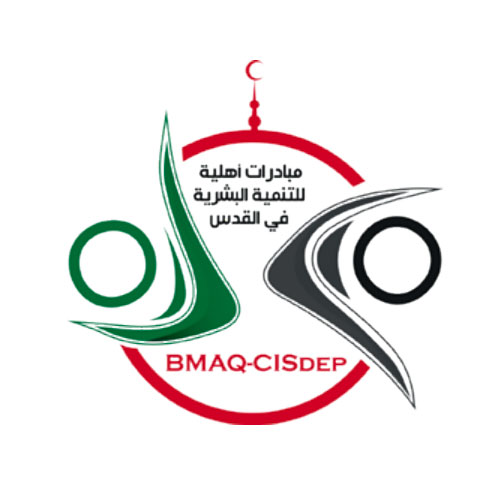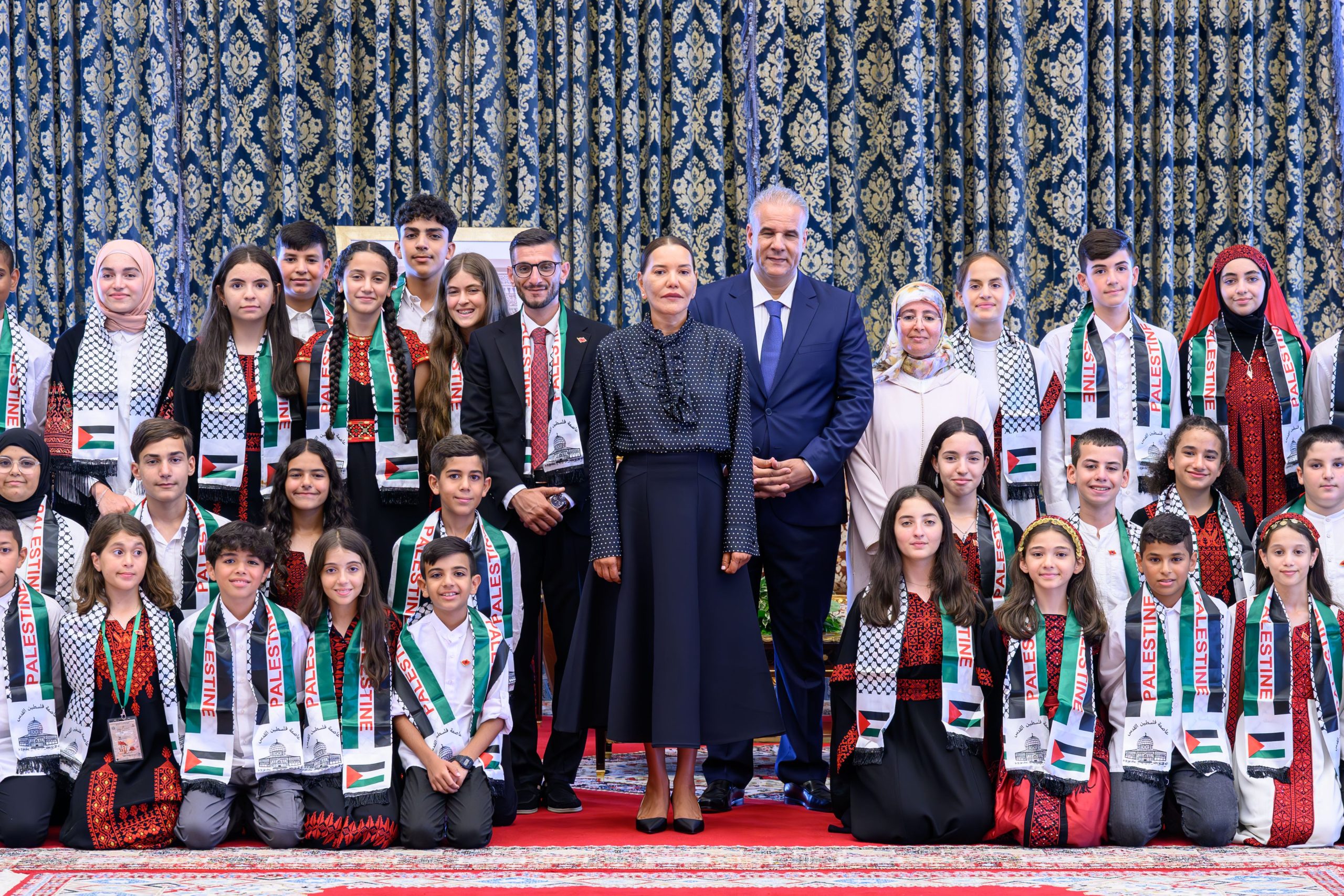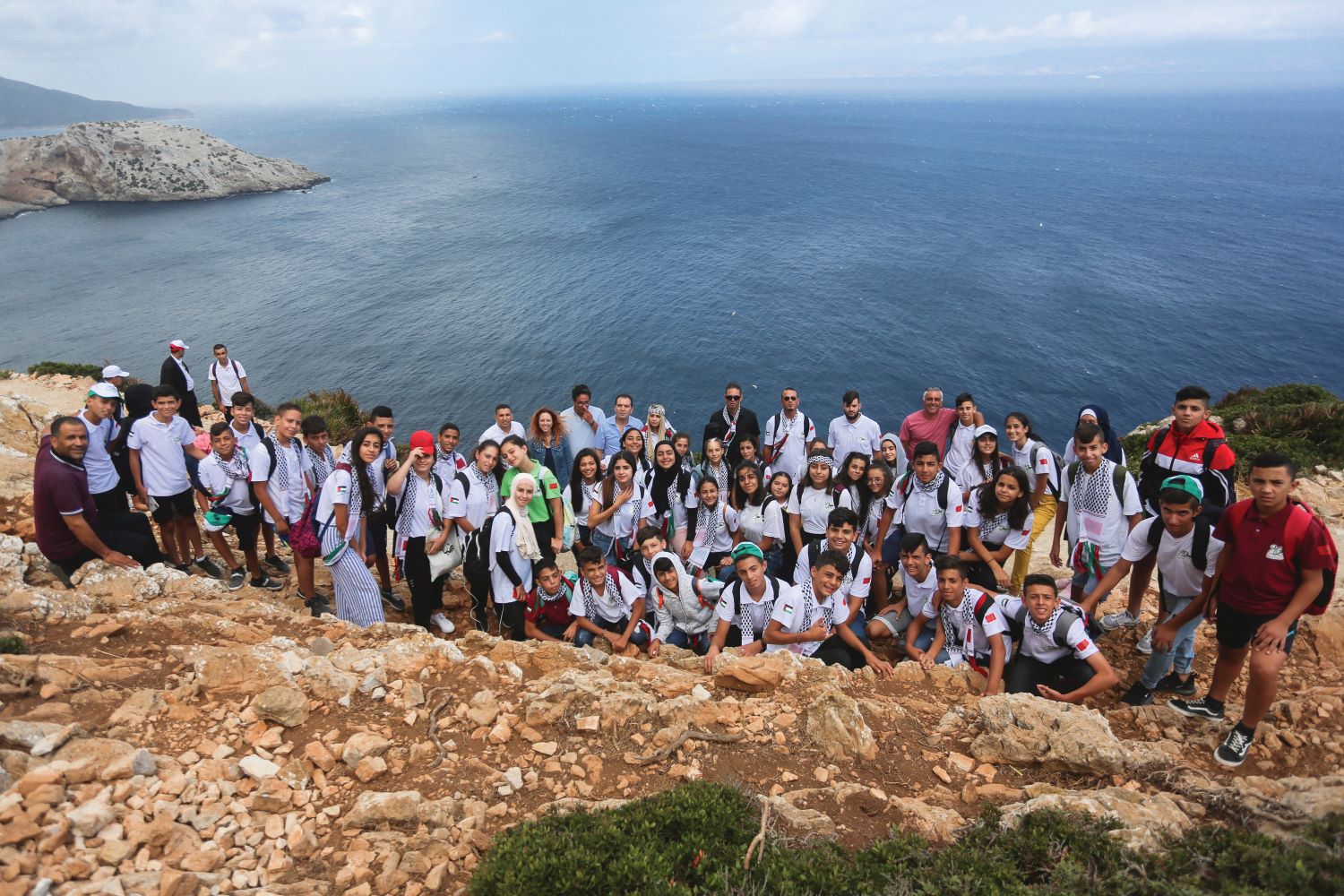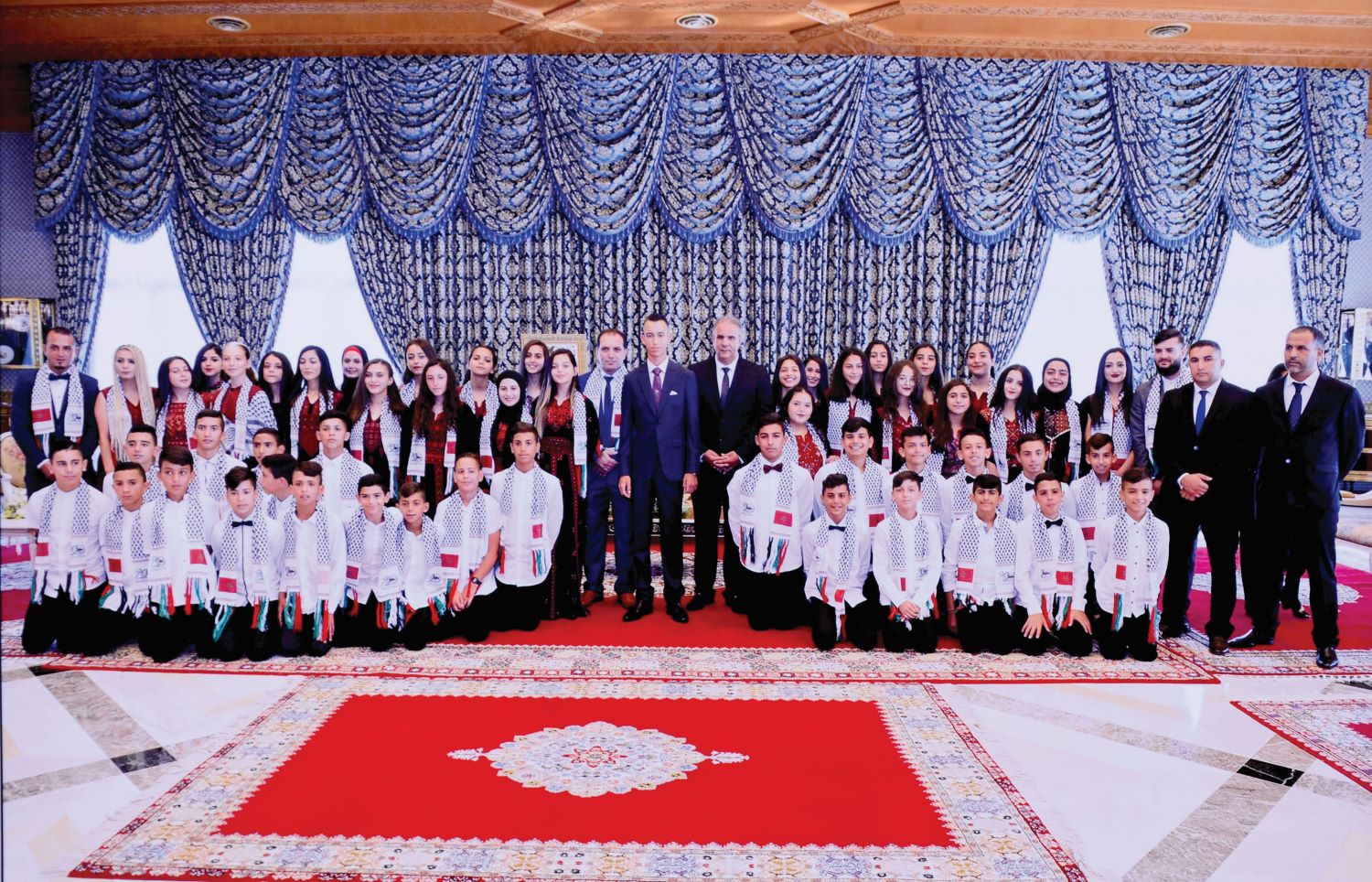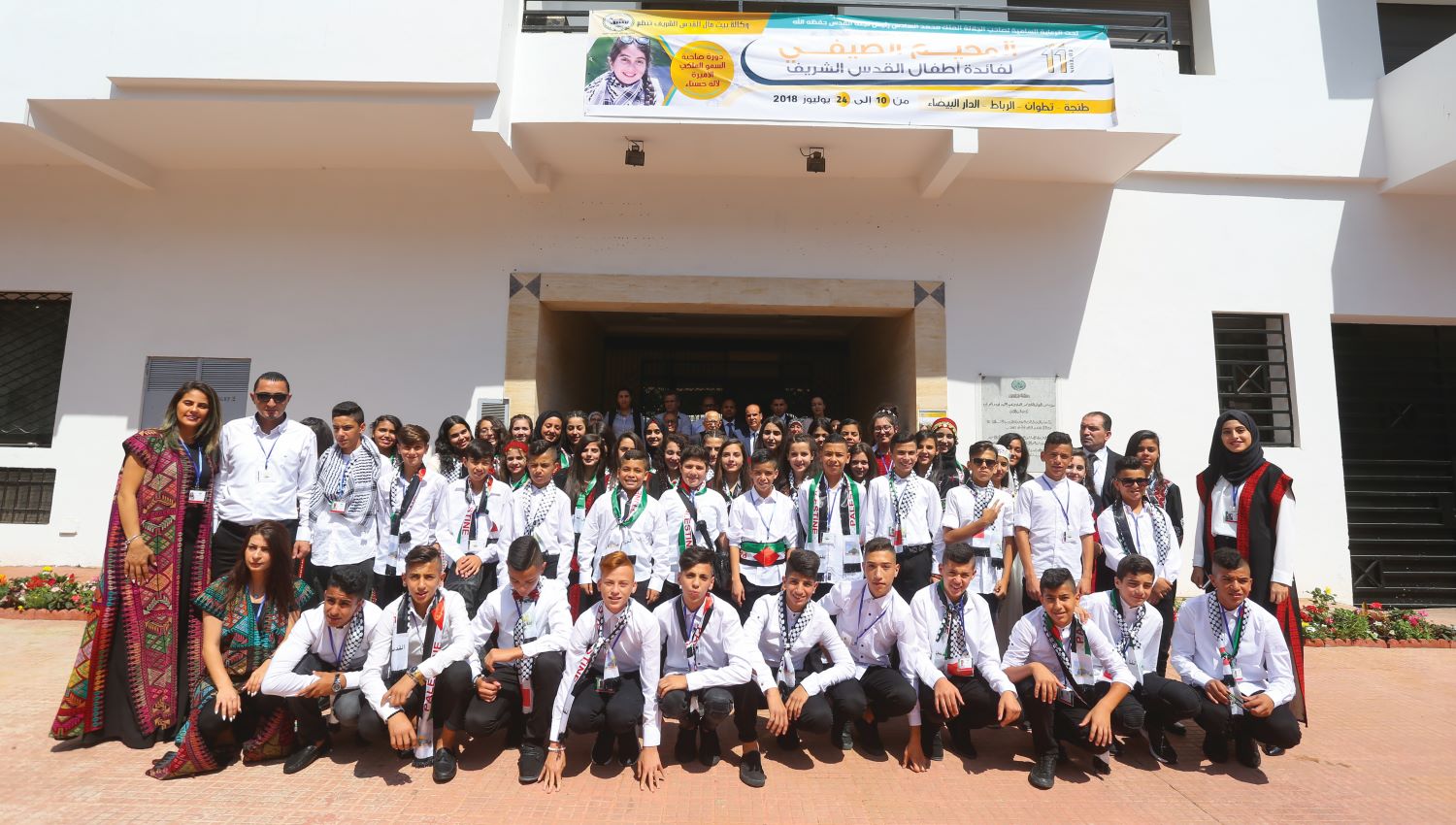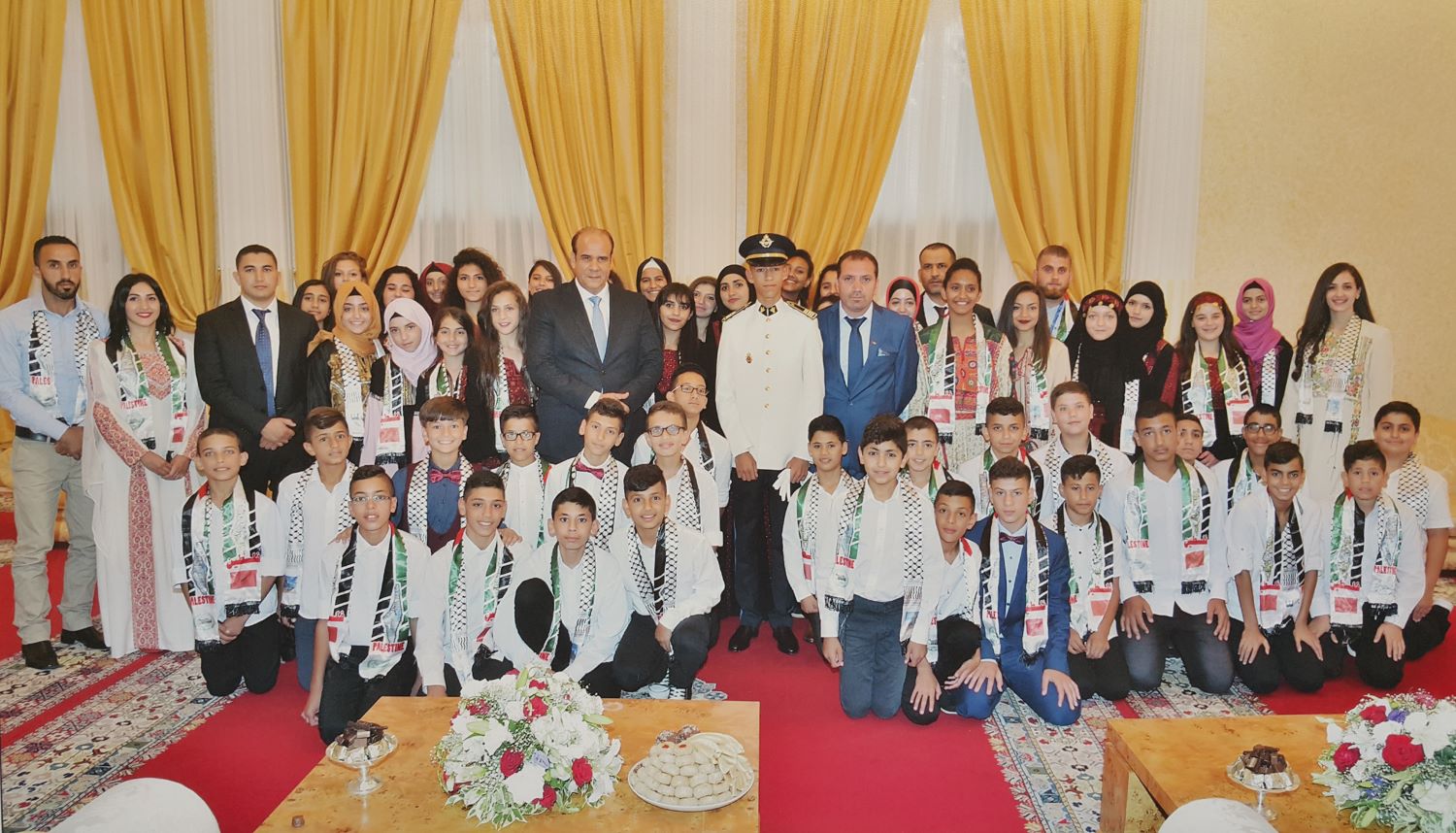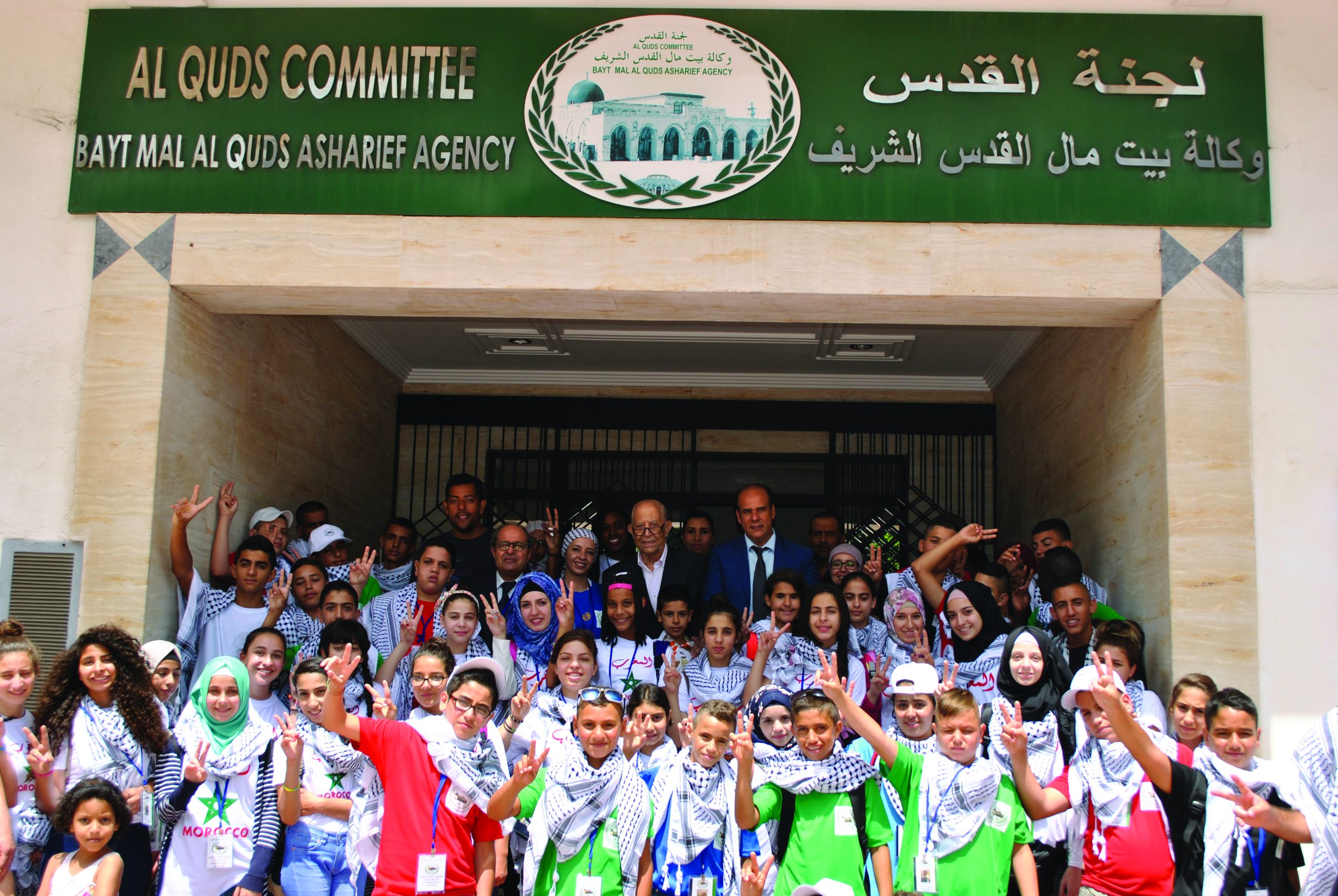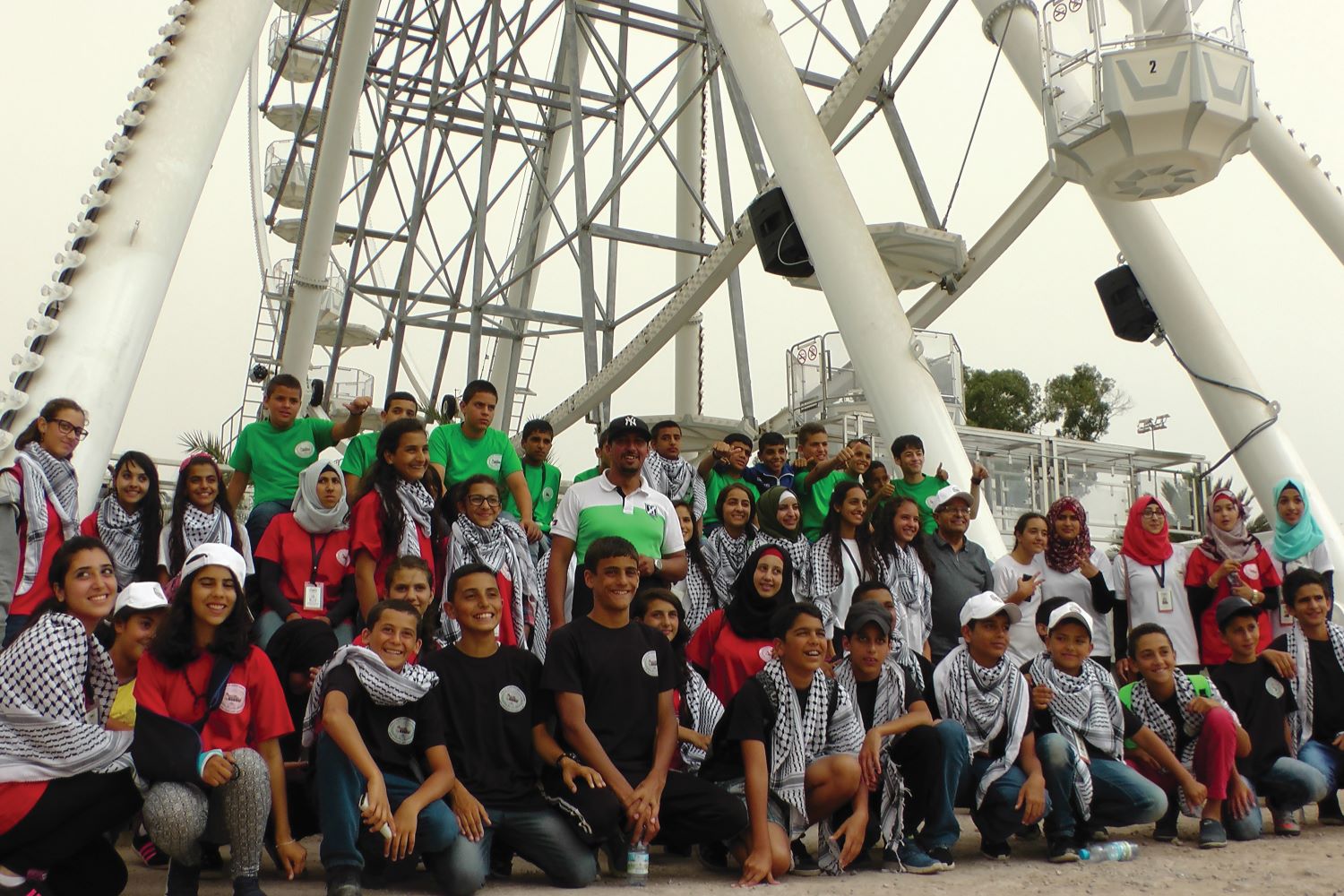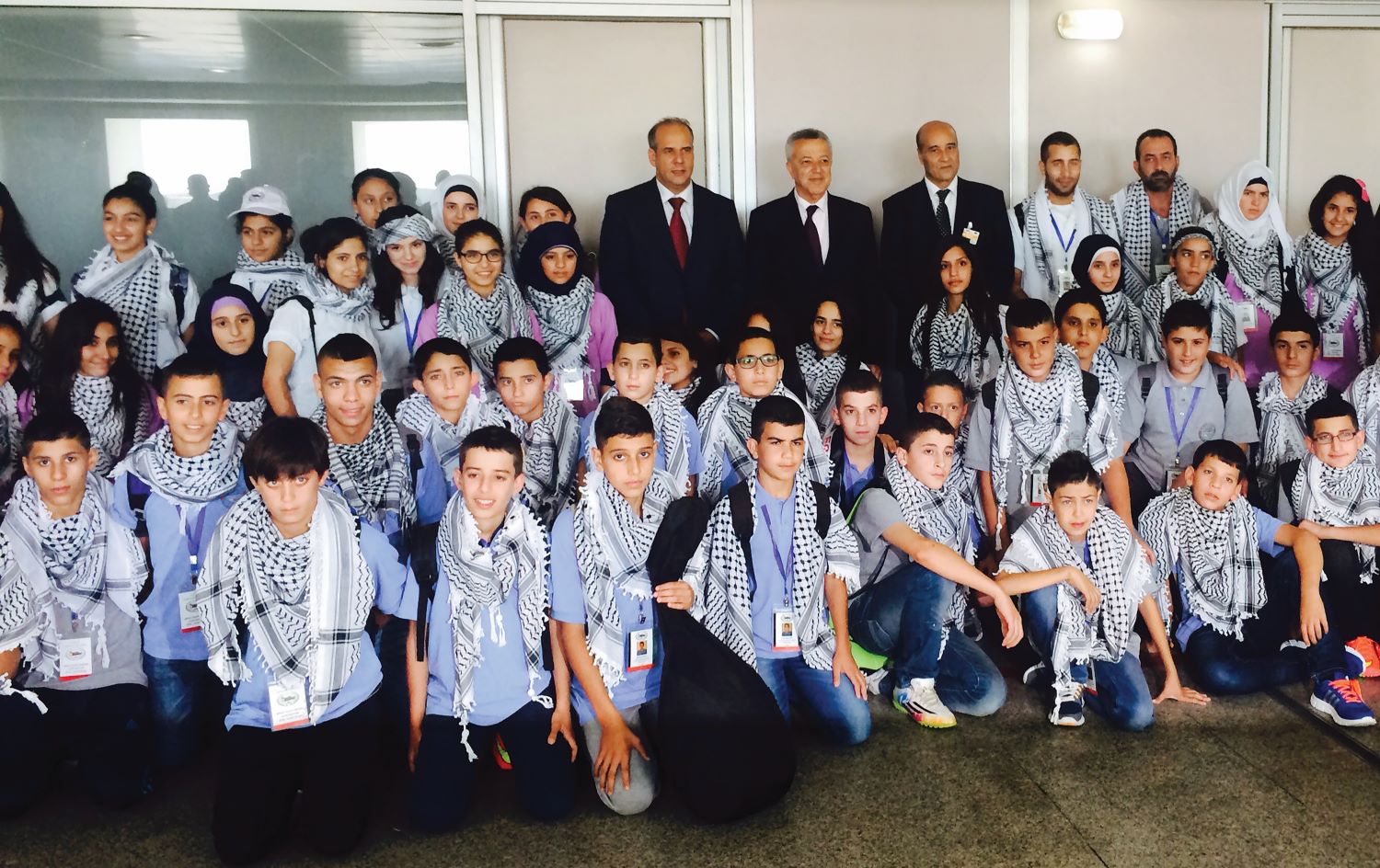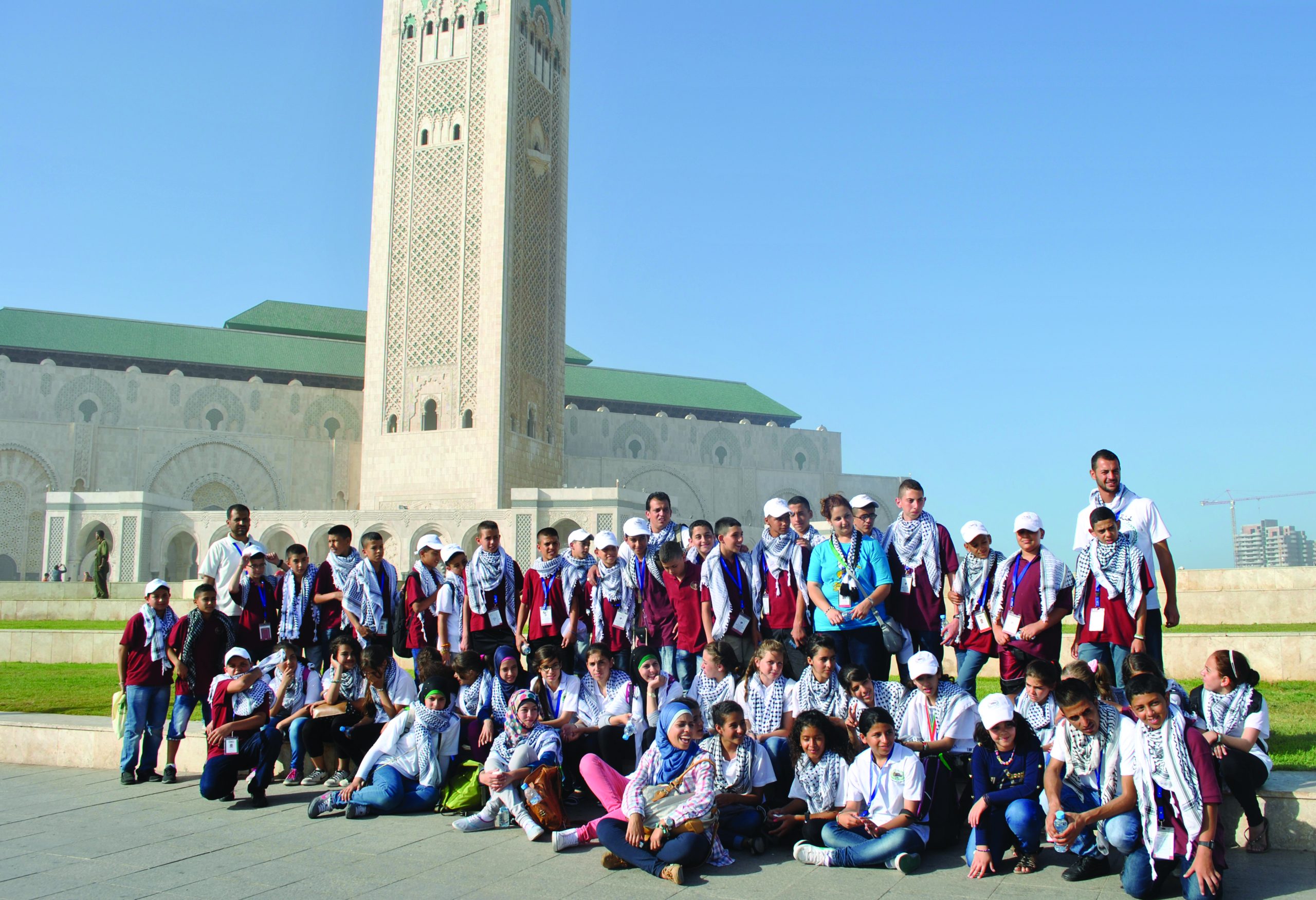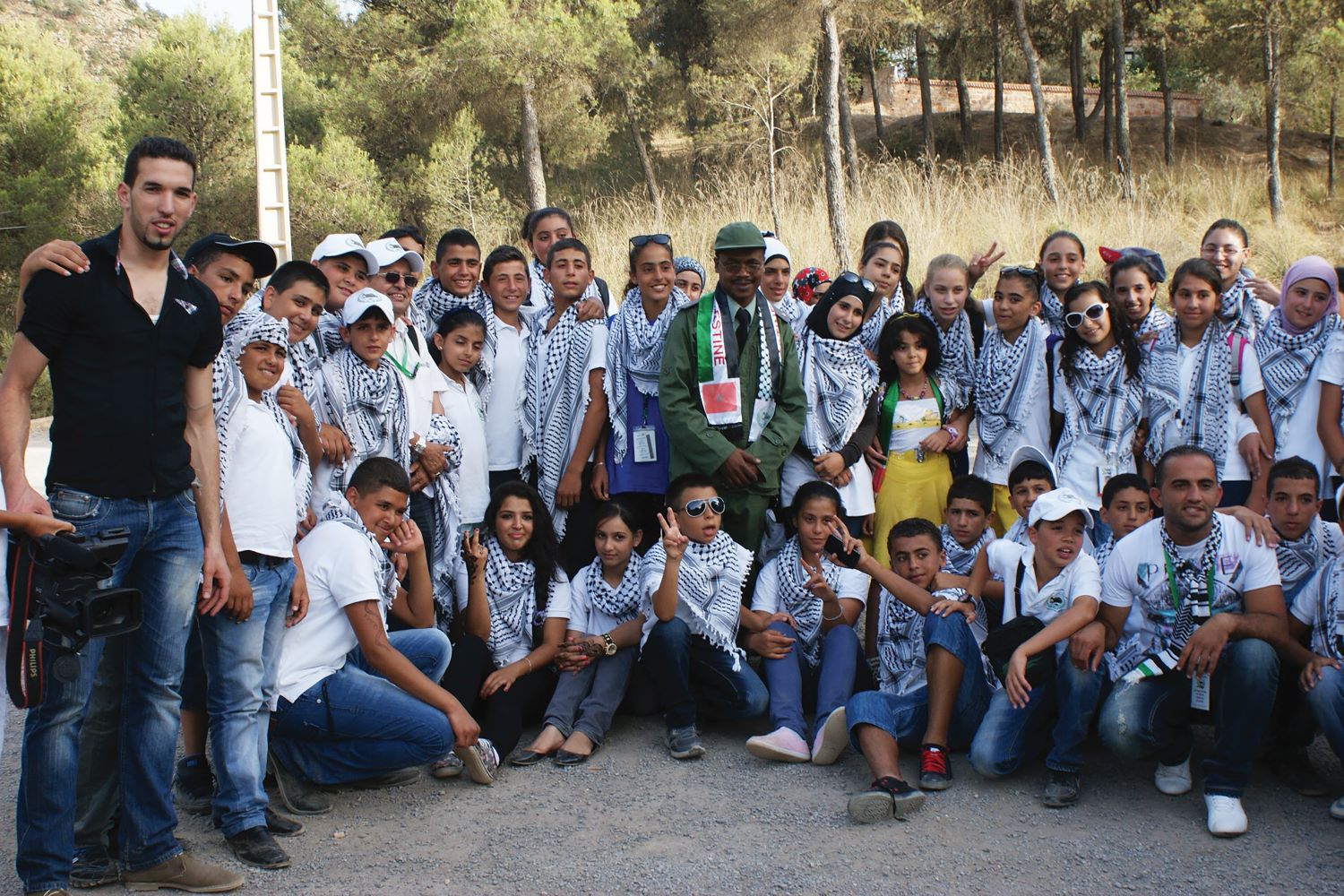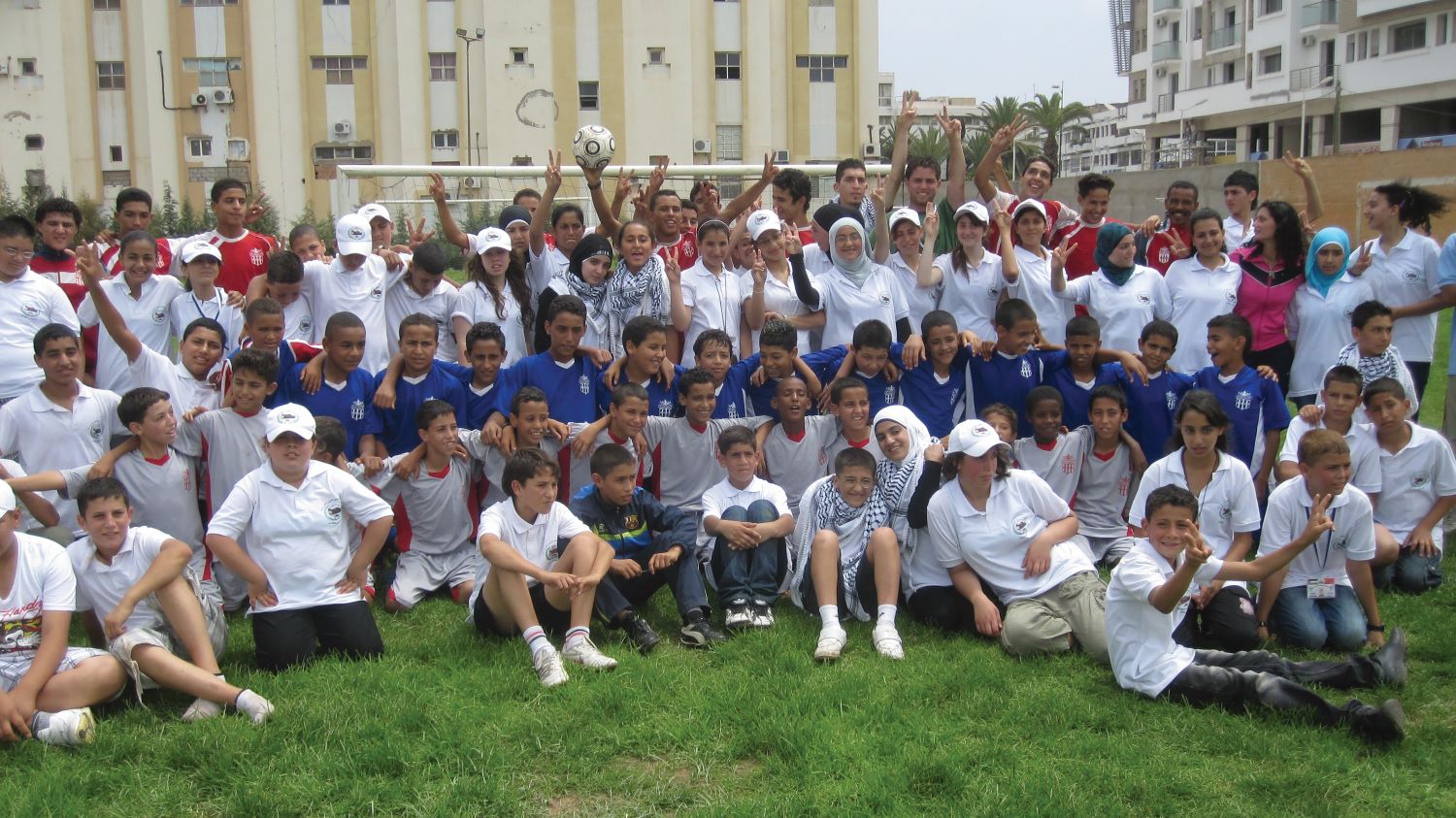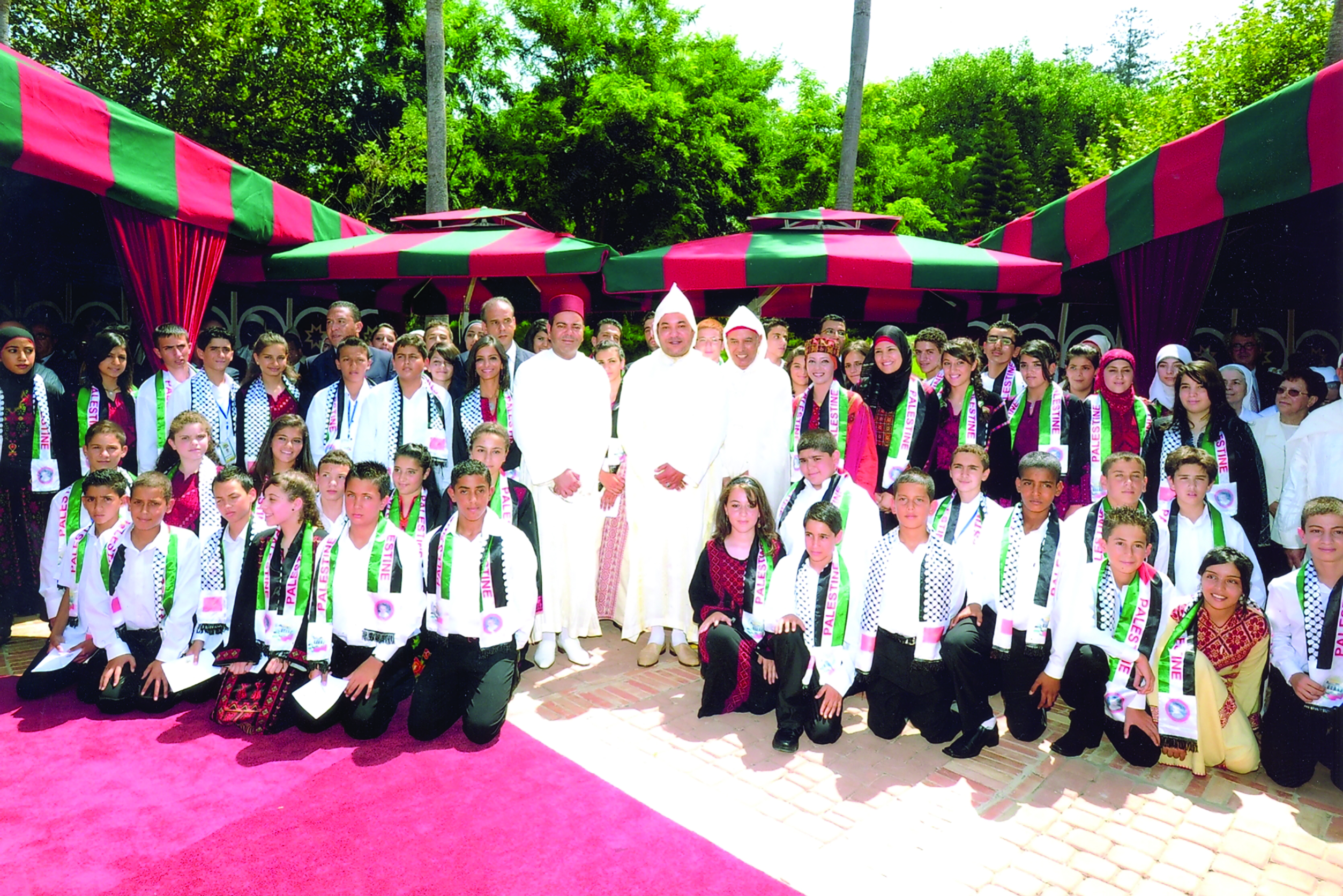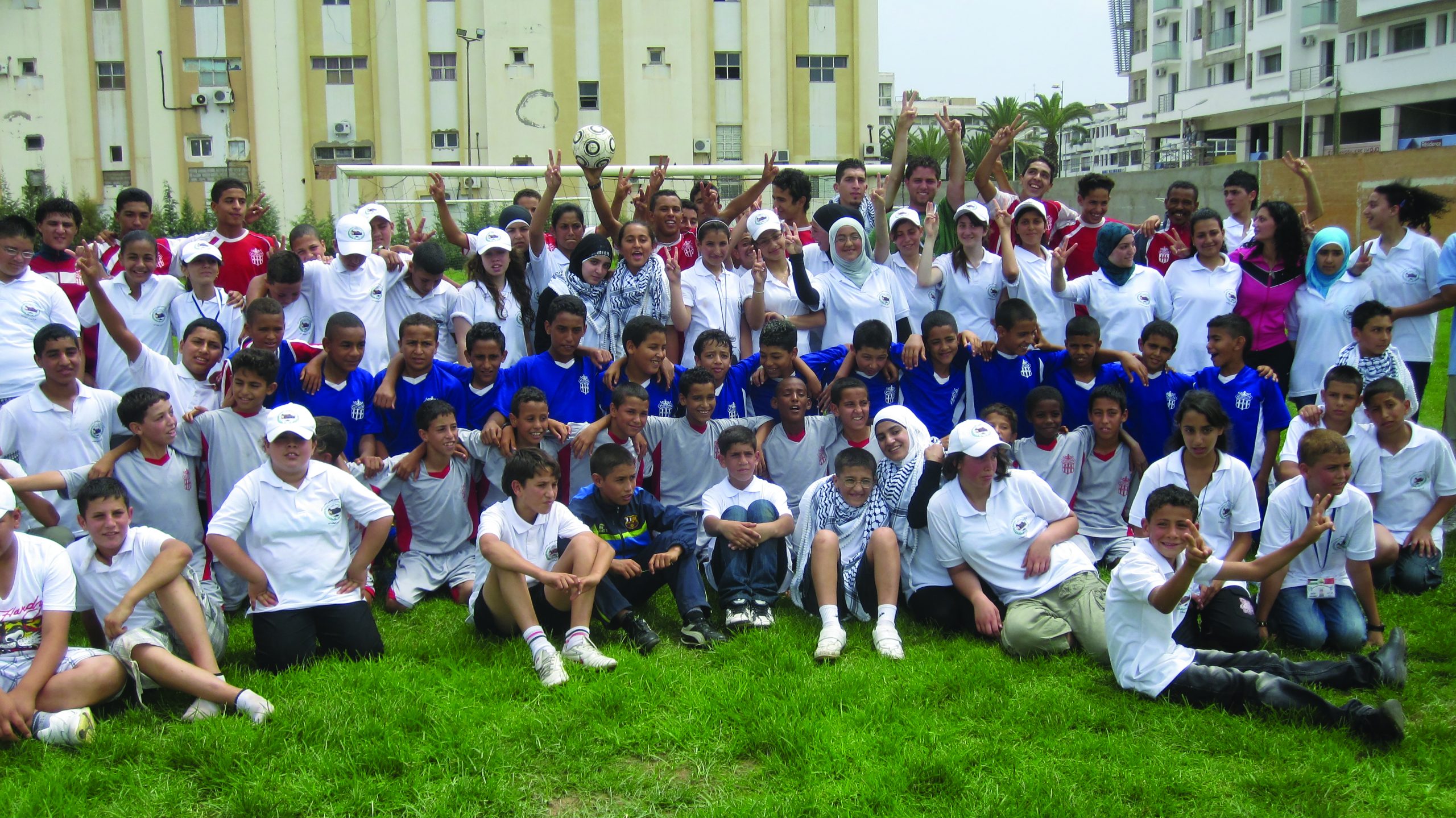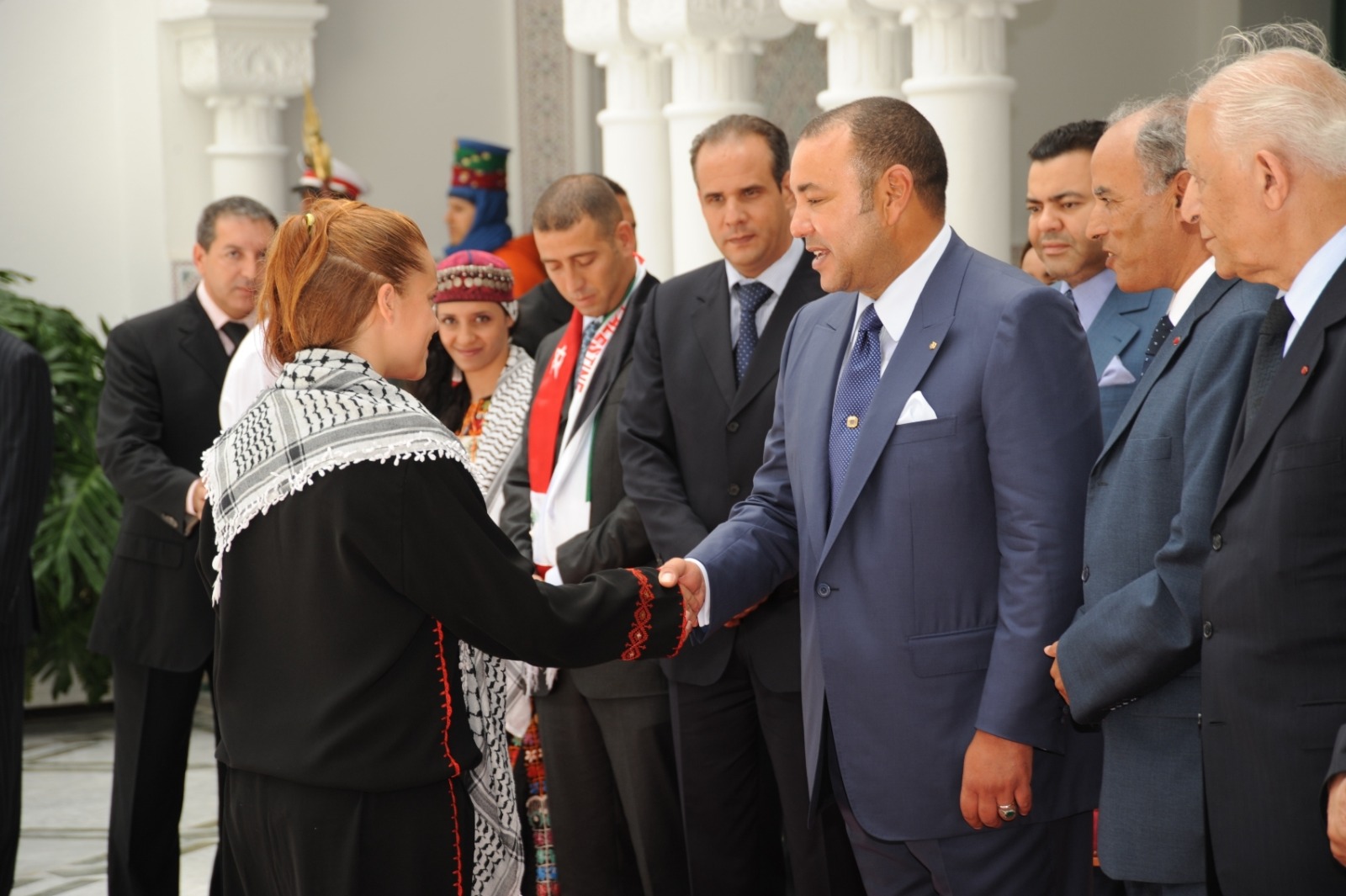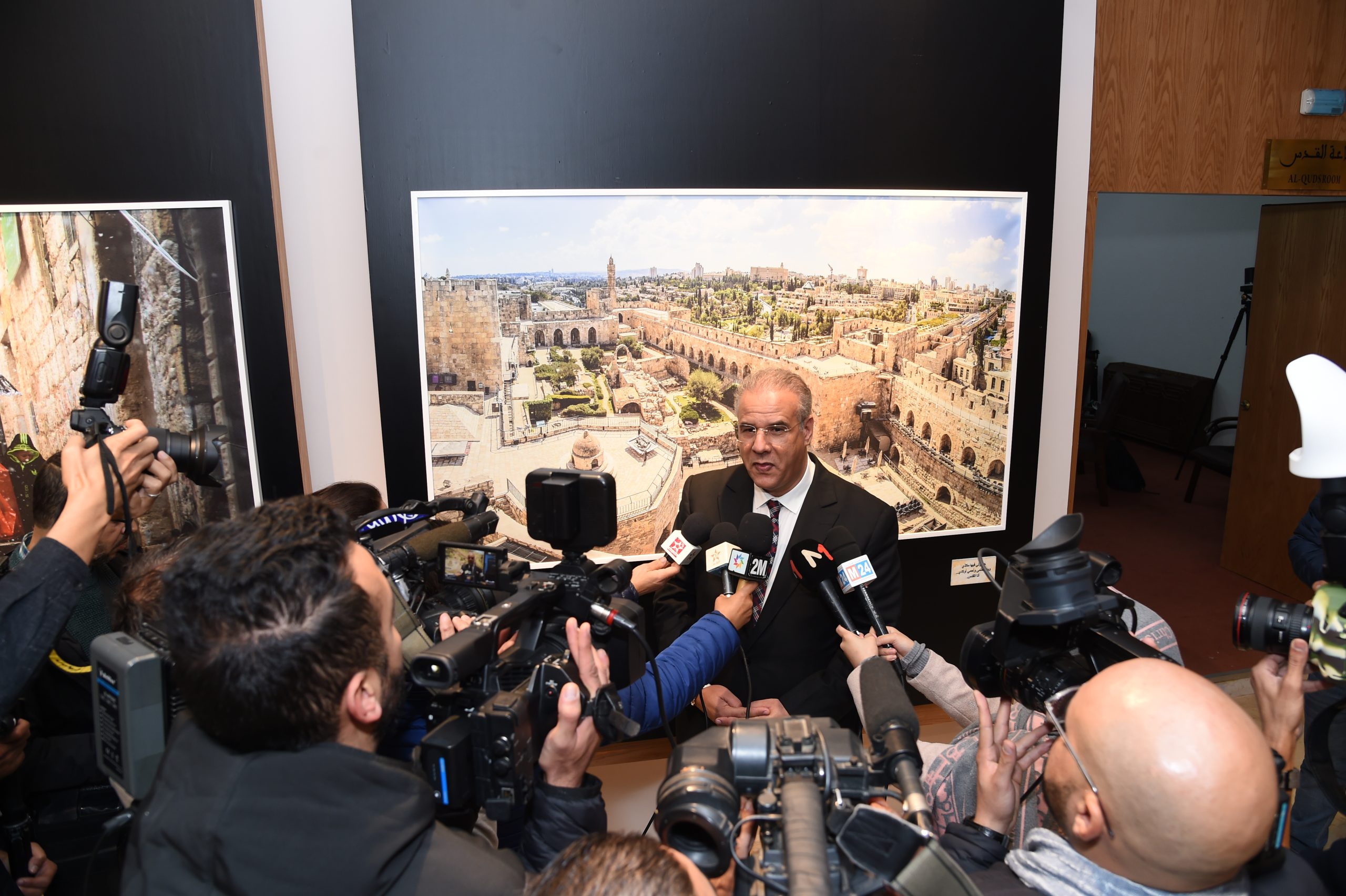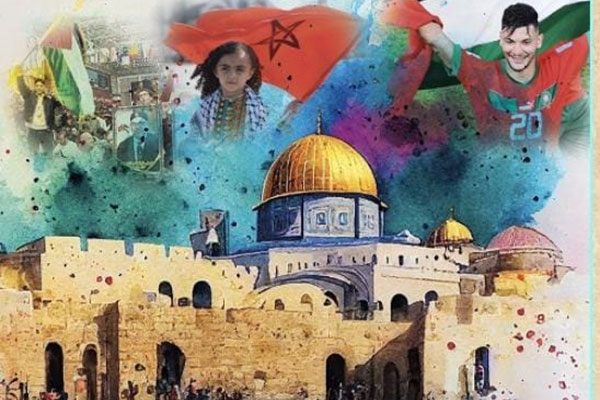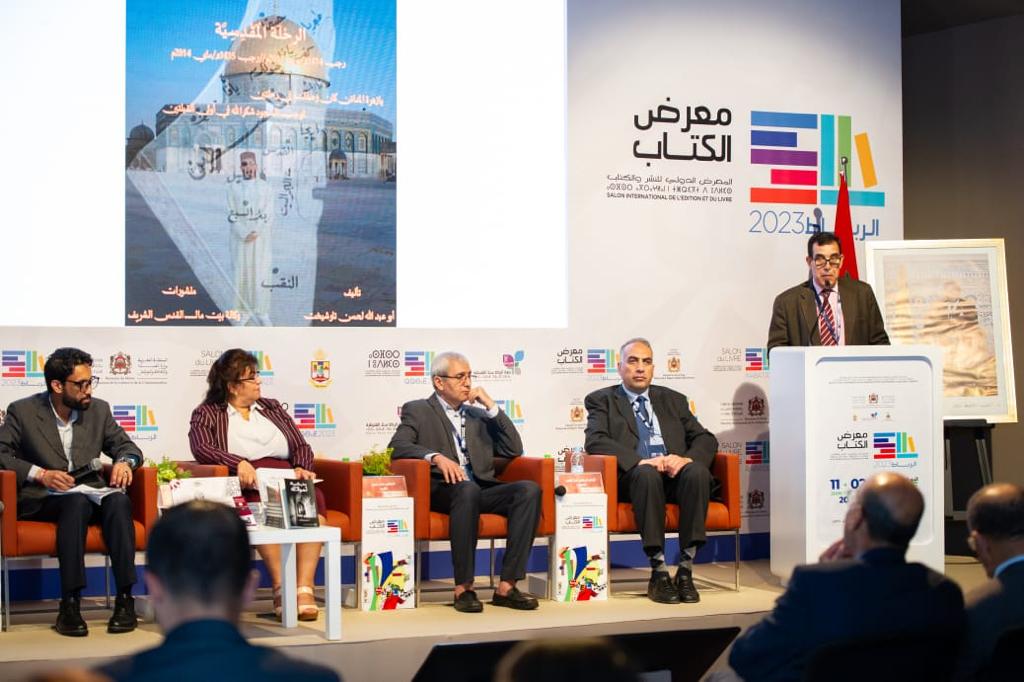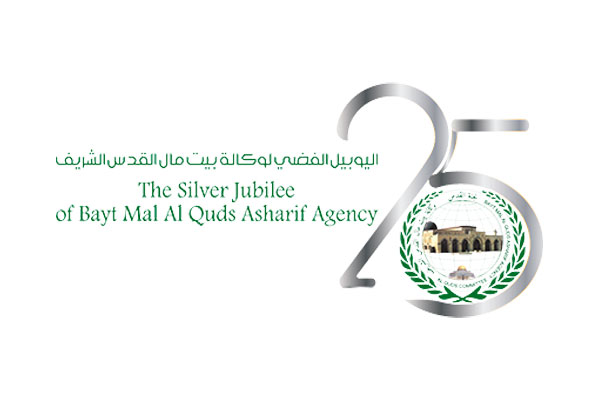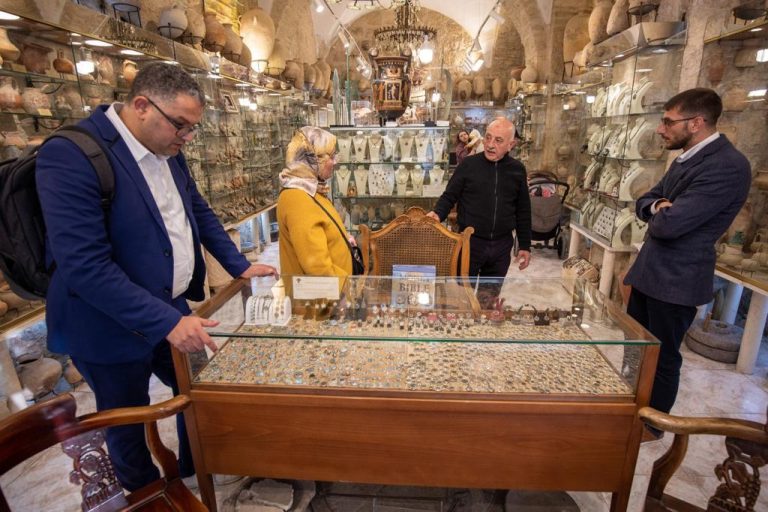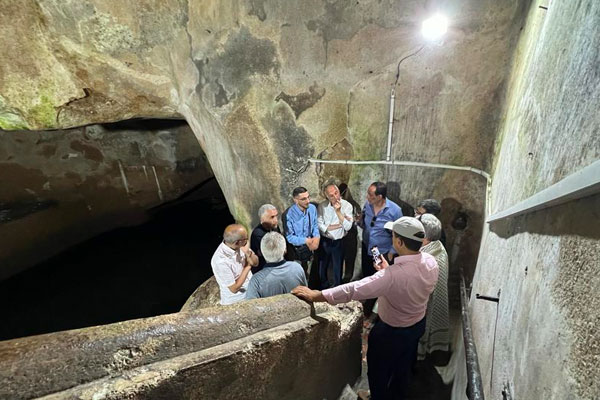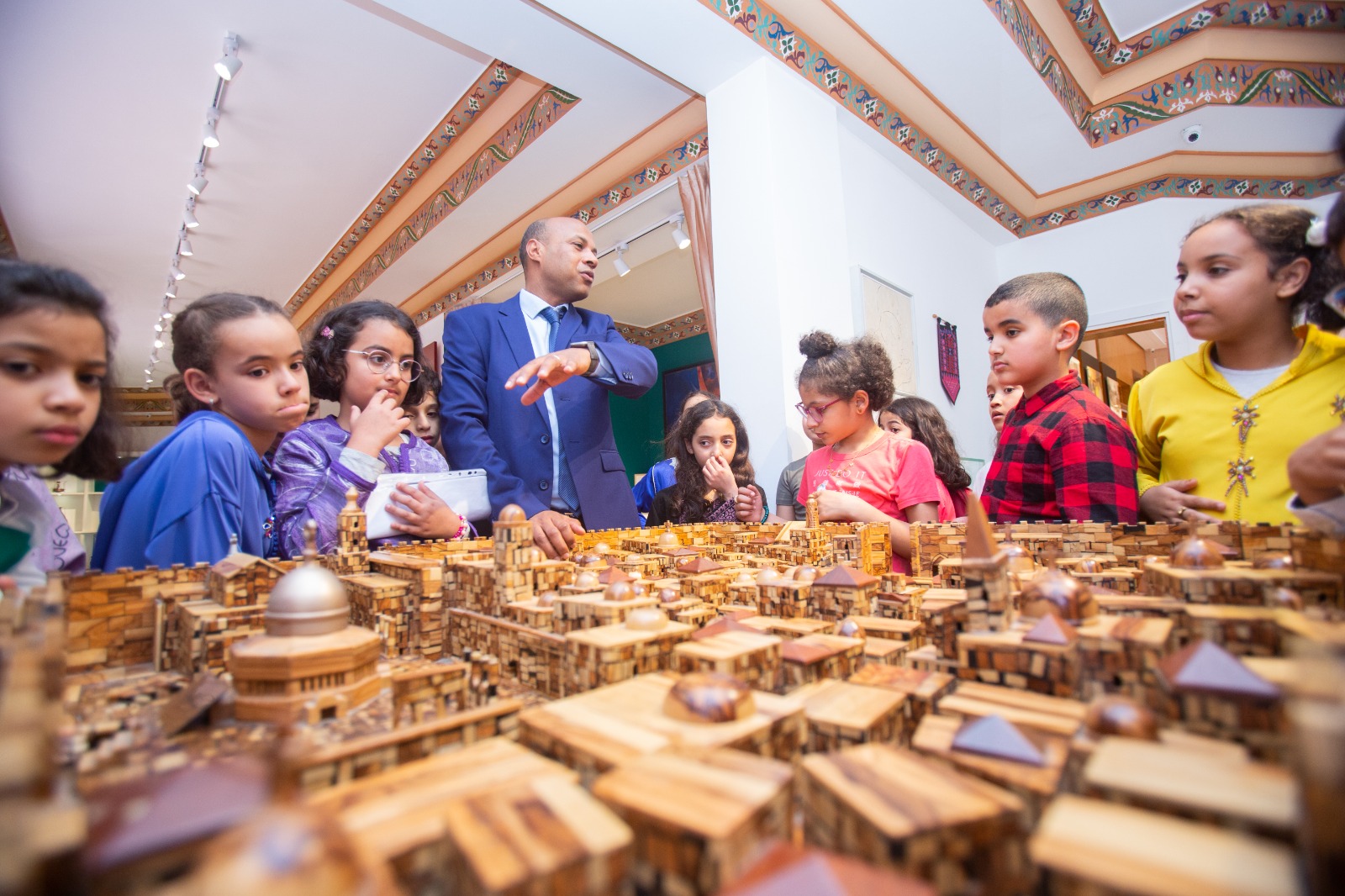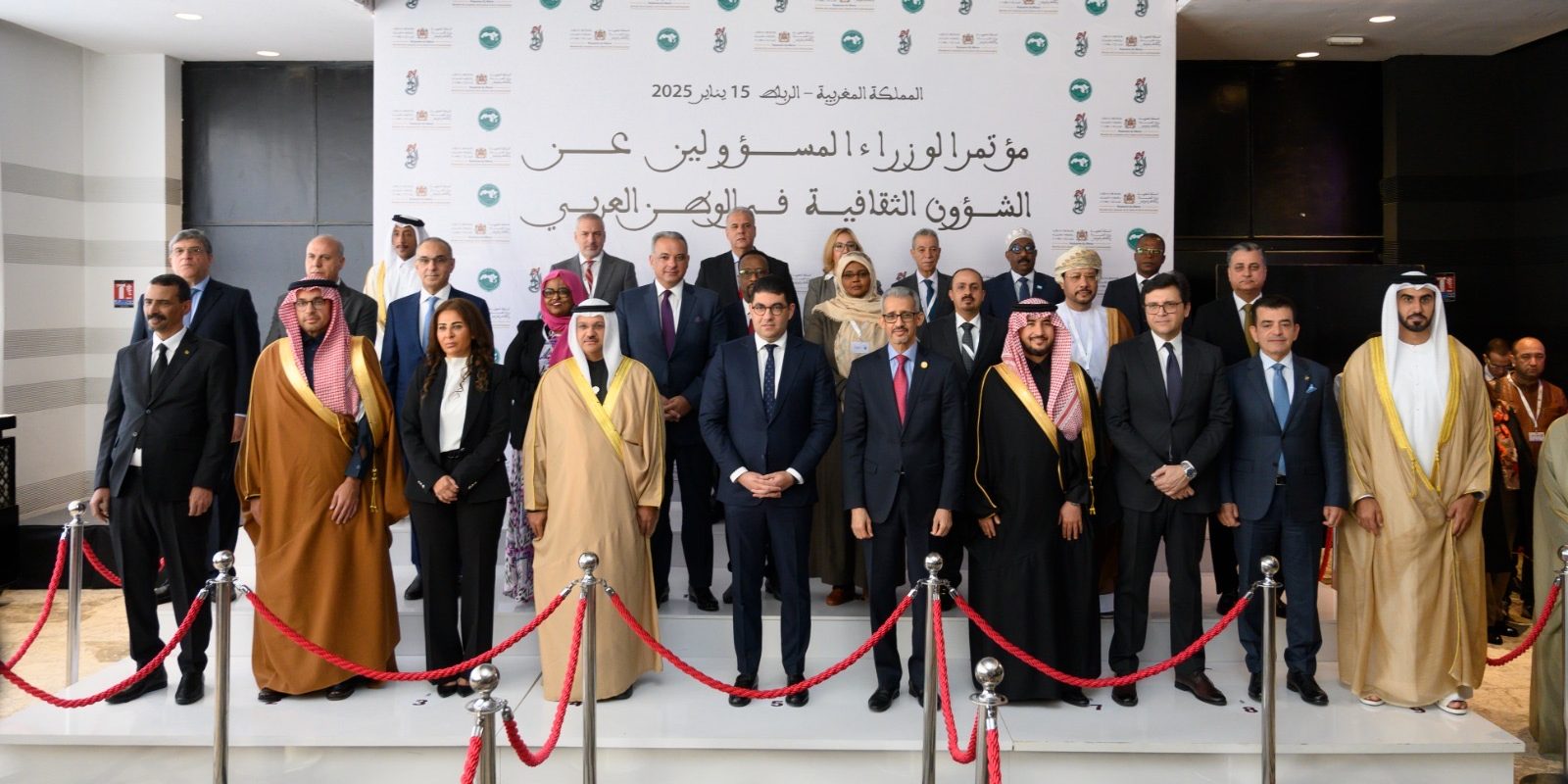Rabat – January 15, 2025
Arab Ministers of Culture praised, on Wednesday in Rabat, the efforts of HM King Mohammed VI, Chairman of the Al-Quds Committee, in preserving and promoting the cultural identity and civilizational fabric of the Holy City.
In the final statement of the 24th session of the Conference of Arab Ministers Responsible for Cultural Affairs, held under the theme “Cultural and Creative Industries and the Challenges of Digital Transformation and Artificial Intelligence,” the Arab ministers highlighted that these efforts are evident in the achievements of the Bayt Mal Al-Quds Asharif Agency (BMAQ) in supporting the steadfastness of Jerusalemites.
In this context, Mohammed Salem Echarkaoui, the director in charge of managing BMAQ , highlighted in a speech during the occasion the “partnership and cooperation charter that links the institution with several major cultural centers in Jerusalem as part of an annual support program with an annual budget of no less than $1.2 million.”
Echarkaoui underscored the Agency’s alignment with the view that culture is a fundamental pillar of global knowledge domains. He affirmed the Agency’s commitment to supporting calls for equipping the cultural sector with the necessary resources, enabling it to thrive as a vital catalyst for development and progress.
He highlighted the Moroccan Cultural Center – Bayt Al-Maghrib in Jerusalem as a prime example, a historic landmark located in the heart of the Old City, acquired by the Kingdom of Morocco in 1998 for $5 million. He noted that “it was HM King Mohammed VI’s will, as Chairman of the Al-Quds Committee, to safeguard and restore the building’s historical and architectural integrity, ensuring it stands as a lasting testament to the Islamic heritage in the city,” he said.
He further emphasized that the center, overseen by BMAQ with a dedicated budget provided by the Kingdom of Morocco, is fully prepared for inauguration once circumstances permit. This center is envisioned to strengthen Morocco’s cultural and historical presence in Palestine, the Levant, and the broader Middle East, while offering a vital platform for Palestinian institutions, associations, and youth to express their creativity in culture, arts, and cultural industries.
